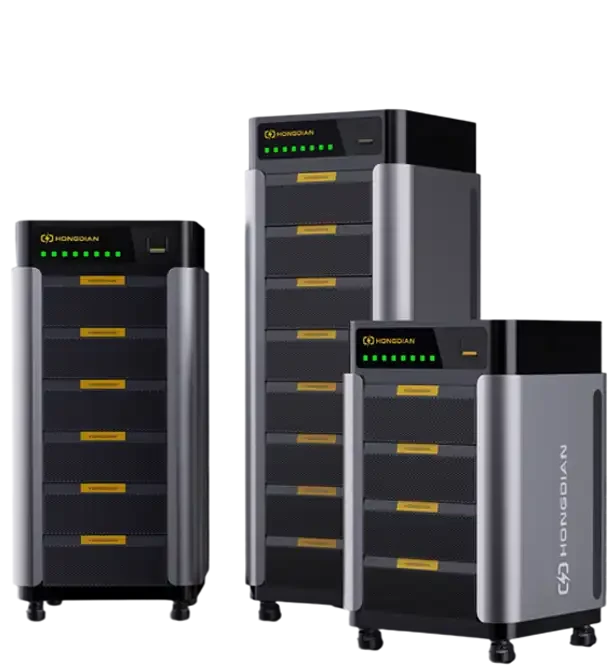In recent years, the electric vehicle (EV) industry has experienced a significant surge in popularity, largely due to the increasing concerns about environmental pollution and the need for sustainable transportation solutions. As a result, the development and production of EVs have become a top priority for many automakers around the world. However, the rapid growth of the EV market has also brought about several challenges, one of which is ensuring the safety and reliability of EV battery packs. This is where the necessity of electric vehicle battery pack testing comes into play.
First and foremost, EV battery pack testing is crucial for ensuring the safety of both drivers and passengers. As the primary energy source for EVs, battery packs are exposed to various external factors that may cause malfunctions or even explosions. For instance, excessive heat, cold, vibration, and impacts can all lead to battery degradation and potential safety hazards. By conducting rigorous testing, automakers can identify any potential issues with the battery packs and make necessary improvements to enhance their safety performance.
Secondly, EV battery pack testing is essential for evaluating the performance and durability of the battery systems. The performance of an EV largely depends on the efficiency and capacity of its battery pack. Testing allows automakers to assess the battery’s energy storage capacity, power output, and overall efficiency, ensuring that the vehicle can deliver the desired performance under different driving conditions. Moreover, testing helps to determine the battery’s lifespan and durability, enabling automakers to provide accurate warranties and maintenance schedules to customers.

Thirdly, EV battery pack testing plays a vital role in optimizing the driving range and overall efficiency of EVs. The driving range is one of the most significant concerns for potential EV buyers, as it directly affects their mobility and convenience. By conducting range tests, automakers can accurately determine the maximum distance an EV can travel on a single charge and make adjustments to extend the driving range if necessary. Additionally, testing helps to identify any energy losses within the battery system, allowing automakers to optimize its efficiency and reduce charging times.
Furthermore, EV battery pack testing is essential for complying with international standards and regulations. Governments and regulatory bodies have established strict guidelines to ensure the safety and performance of EVs. Automakers must conduct various tests, such as crash tests, thermal management tests, and abuse tests, to demonstrate that their battery packs meet these standards. By doing so, automakers can gain certification for their EVs, instilling confidence in consumers and facilitating market access.
Lastly, EV battery pack testing contributes to the advancement of battery technology and innovation. As automakers strive to enhance the performance and reduce the costs of EVs, continuous research and development in battery technology are imperative. Testing provides valuable data and insights into the behavior and characteristics of different battery chemistries, materials, and designs. This information can be used to develop new and improved battery technologies, further driving the growth of the EV industry.
In conclusion, the necessity of electric vehicle battery pack testing cannot be overstated. It ensures the safety of drivers and passengers, evaluates the performance and durability of battery systems, optimizes driving range and efficiency, complies with international standards, and fosters technological advancements. As the EV industry continues to expand, the importance of rigorous and comprehensive battery pack testing will only increase, paving the way for a safer, more efficient, and sustainable future.
1. Scope of Application. Applicable for testing electric passenger vehicle power battery packs and energy storage battery modules. 2. Product Features 32-bit dual-core MCU processo 16-bit ADC with up
1. Scope of Application. Applicable for testing electric passenger vehicle power battery packs and energy storage battery modules. 2. Product Features 32-bit dual-core MCU processo 16-bit ADC with up
1. Scope of Application. Applicable for testing electric passenger vehicle power battery packs and energy storage battery modules. 2. Product Features 32-bit dual-core MCU processo 16-bit ADC with up
1. Scope of Application. Applicable for testing electric passenger vehicle power battery packs and energy storage battery modules. 2. Product Features 32-bit dual-core MCU processo 16-bit ADC with up